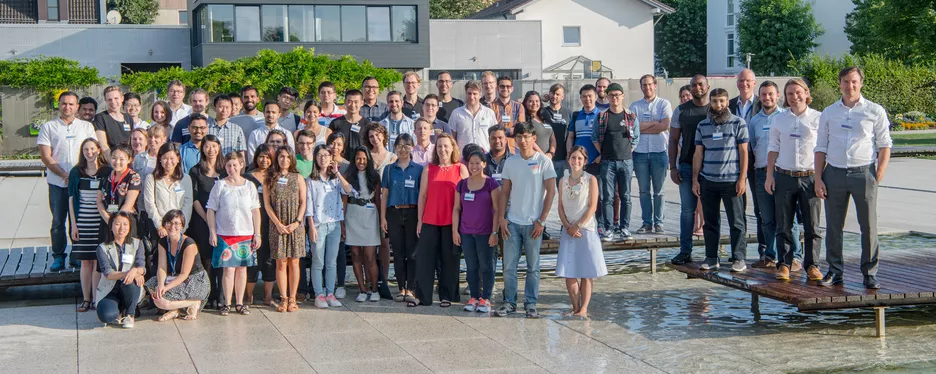Why Internationalization?
Increasingly complex research topics and issues require an inter-/transdisciplinary approach that considers moral, ethical, social, political, and economic implications. Dynamically changing research fields and globally and intersectorally intertwined working environments also require future leaders to be equipped with transferable and international skills. At the TUM Graduate School (TUM-GS), as the central institution of the Technical University of Munich (TUM) for the qualification of doctoral candidates, it is therefore of great importance to promote early international, intercultural, and inter-/transdisciplinary collaboration of our doctoral candidates in research and in building their global networks.
Through their research, our doctoral candidates contribute significantly to finding new approaches and solutions to our global society's major challenges. By being involved in their international scientific community at an early stage, our doctoral candidates gain valuable insights into current research developments and come into contact with a wide range of issues, approaches, and methods that enable genuine scientific discourse. They can present their own scientific results to the international scientific community at an early stage and benefit from the exchange of ideas and the discussion of their research projects with global experts and reviewers and, as independent scientists, establish (initial) essential contacts with their peers and stakeholders from industry and society. This networking with researchers and stakeholders from society and industry from different countries with different life experiences and cultural perspectives also provides our doctoral candidates with a new perspective on their research questions, which they can integrate into their solution approaches.
Doctoral candidates benefit from the diverse new cultural experiences and the wealth of knowledge of their new acquaintances, especially during more extended research stays abroad. These experiences enable a better intercultural understanding and support our doctoral candidates' growth as open-minded, responsible, and critical thinkers.
